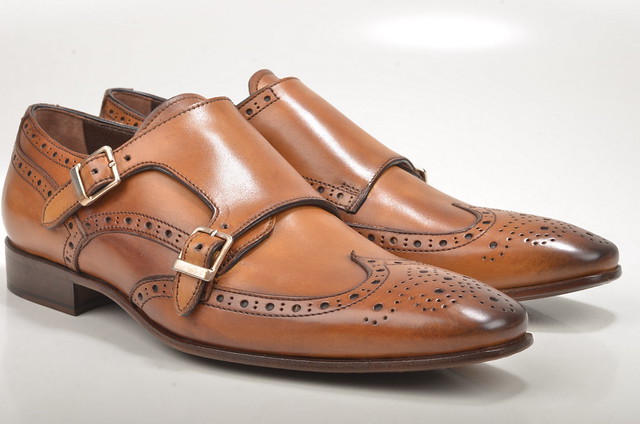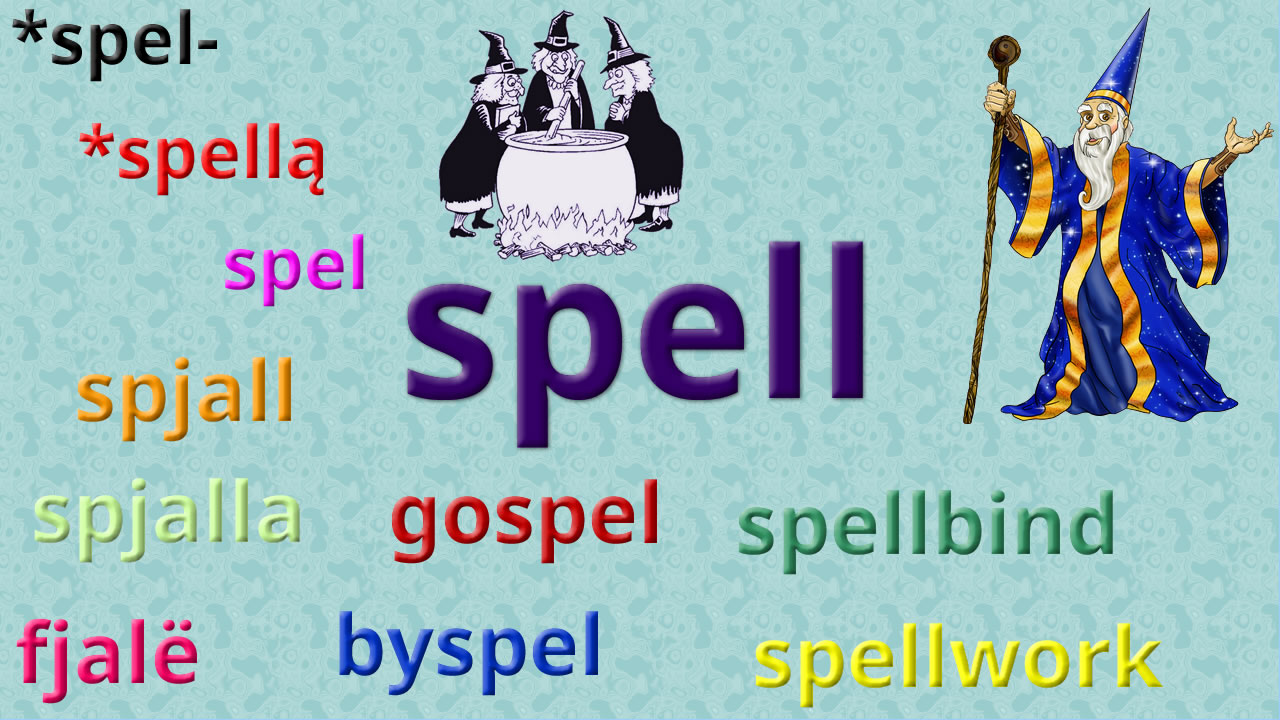Podcast: Play in new window | Download
In this Adventure we’re looking into the origins of the words amok and havoc. It’s a double bill this week as I had a break for Christmas last week.
Amok [əˈmɒk/əˈmʌk] means:
- Out of control, especially when armed and dangerous.
- In a frenzy of violence, or on a killing spree; berserk.
It usually appears in the phrase to run amok, which means to go on a rampage, to be in an uncontrollable rage, to go beserk, to go postal or to wreak havoc [source].
Amok comes from the Portuguese amouco (amok), from the Malay amuk (to go on a killing spree, to run amok), from the Proto-Malayo-Polynesian *hamuk. The Tagalog word hamok (fierce fighting, brawl) and the Māori word amo (to charge, attack) come from the same roots [source].
Other English words derived from Malay include bamboo, camphor, cassowary, cockatoo, compound (as in an enclousure), gecko, gingham, gong and orangutan [source].
The word havoc [ˈhævək] means:
- Widespread devastation and destruction, mayhem
- to pillage, cause havoc
It comes from the Middle English havok (plunder, pillage), from the Old French havok, from havot (pillaging, looting) [source].
It appears in the phrase to wreak havoc, which means to cause damage, disruption or destruction [source]. Incidentally, I wrote about the word wreak on the Omniglot blog this week.
In Middle English it was used in the phrases crien havok (to give the signal for general plundering, and maken havok (to plunder thoroughly and indscriminately) [source]. The phrase, to cry havoc (to give an army the order to plunder) was and possibly still is used in modern English [source].
Here’s a video I made of this information:
Video made with Doodly [afflilate link].
I chose these words because I spent Christmas with my family (see below), including my niece and nephews, who are all under 10. While they didn’t exactly run amok or wreak havoc, a house full of young children can be a bit chaotic.
I also write about words, etymology and other language-related topics on the Omniglot Blog, and I explore etymological connections between Celtic languages on the Celtiadur.
You can also listen to this podcast on: Apple Podcasts, Amazon Music, Stitcher, TuneIn, Podchaser, PlayerFM or podtail.
If you would like to support this podcast, you can make a donation via PayPal or Patreon, or contribute to Omniglot in other ways.











